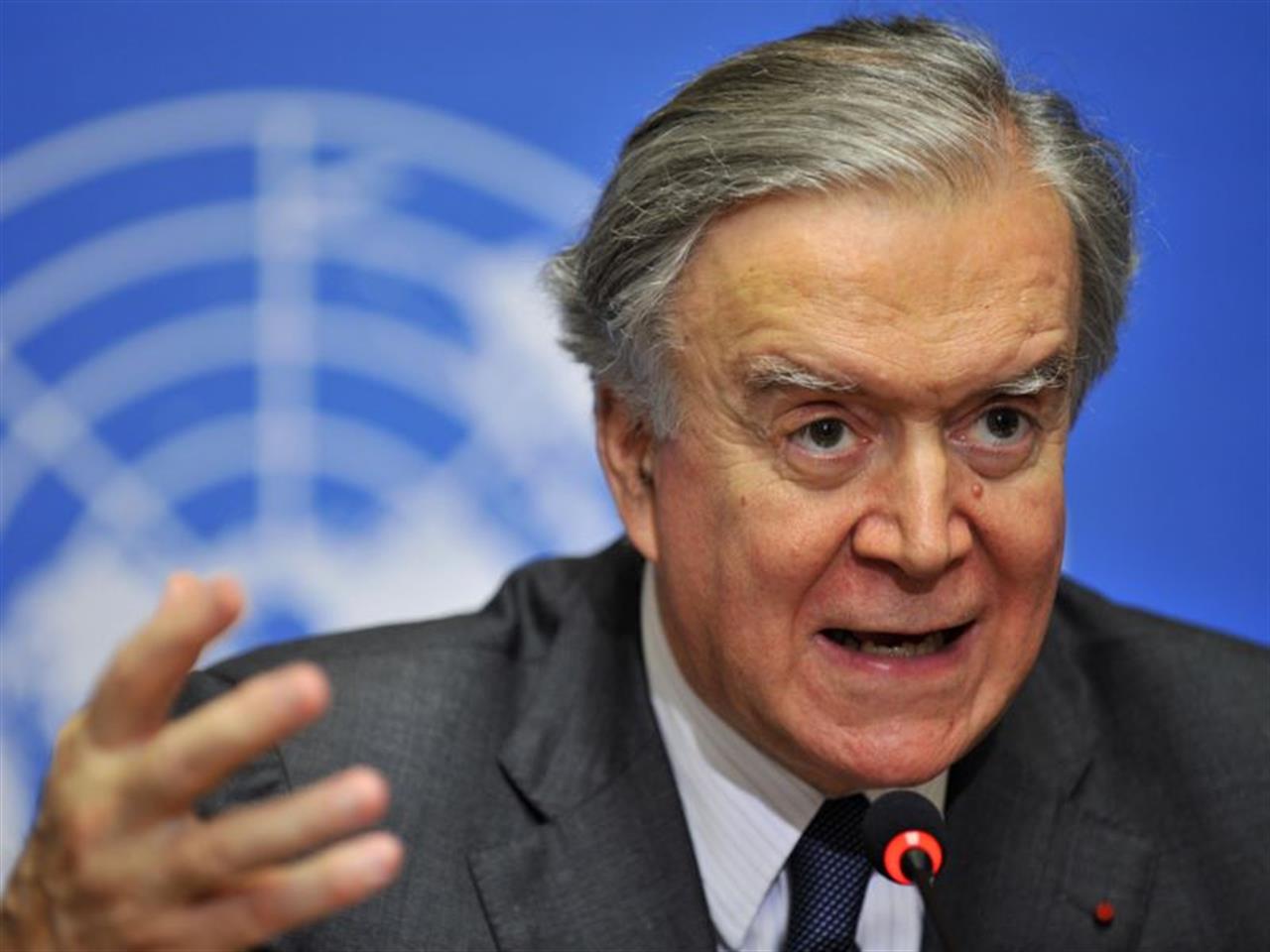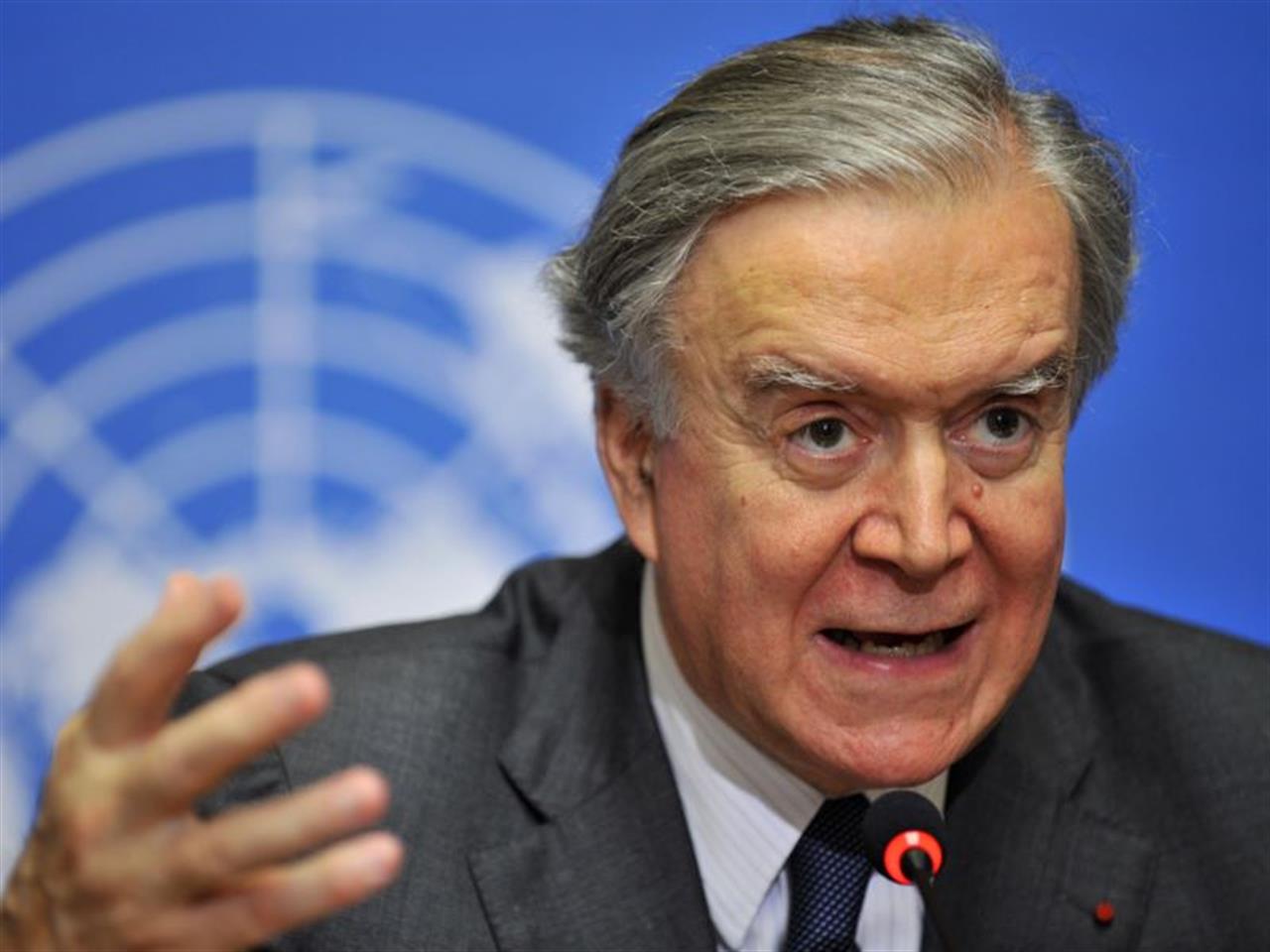What Europe do you want: a federalist state, single market or universal mission for reconciliation?


We are approaching the summer break. Brussels will shut down for a month as will the majority of European capitals. As a result, it’s time for thinking out of the box and about long term plans while you’re roasting in the sun.
Returning in September we will have a busy agenda including the ratification of Lisbon Treaty, appointment of a new Commission, update of Lisbon Strategy and Copenhagen conference for the ratification of Kyoto Protocol.
To the already full calendar I would add pending issues such as enlargement in the Balkans and Turkey’s membership, peace processes in Cyprus and Kosovo, engagement with the new American administration and Russia, Eastern Partnership and Union of Mediterranean, and confirmation of the European Parliament Intergroup on Social Economy.
Question: How can we make a decision if we don’t know what Europe we want?
After the Second World War a network of enlightened politicians were able to overcome the distrust between European nations and join efforts to create a new alliance in order to undermine the causes of conflict between intertwining economies. The European Union started then.
The Union was build on the so-called Jean Monnet method. Jean Monnet, one of the original architects of the European project, thought Politics had lead to two world wars so a bureaucratic process preserved from political shorterism was required to build an integration – step by step – to maximise the benefits of collaboration and reduce incentives to conflict. This method has undergone a progressive and slow polling of state sovereignety. The Communist fear blowing from the East helped the recalcitrant.
The process has been so successful that the Europe Union has become the best option for state members not just economically but politically, socially and culturally. Today you can’t avoid Europe wherever you live, whatever you do… including states and people outside the EU. However you can’t do much to influence this process as a citizen.
National political parties are not voted in on a European agenda – with the exception of minority parties for their nihilist goals. The European Parliament doesn’t count for much and the calibre of some MEPs is doubtful. The European Commission is very accessible but access is left to the officials’ discretion – you can’t get rid of them. The democratic gap within the European institutions is far below the individual European standards!
One way to tackle the problem is the European Union has to decide firstly what role wants to play in our lives. It has to shrink back to a coordination body or democratise. Secondly, we must decide what kind of Europe we want once we’ve got the ability to decide.
There is no appetite for a United States of Europe. Political parties blame the EU for any bad and far less than 50% of citizens turn up to elections. The risk of a war seems far-fledged and the liberalism of the EC is belated as a threat for national social achievements.
Despite the reassurances of the stability of the Euro together with low inflation, the single market is not enough. The recent financial crisis has taught us that there is no sustainable economic market without effective governance. An efficient single market requires European governance.
What is the alternative?
A super state might be not a viable solution but we face challenges requiring a joint answer – politically and economically – in any case. Economic crisis, climate change, ageing society, immigration, global governance and international security cannot be tackled by individual states and ad hoc international cooperation can be too slow.
Self-absorbed in its domestic issues the European Union can’t find any drive for Europe in the world. Enlargement of the EU excites just multinational corporations while raising concerns amongst governments and tax payers. It is seen as a drain of resources and a lowering of standards of good governance. The performance of Romania and Bulgaria hasn’t helped, resulting in an open door for massive immigration.
Europeans live in a bubble and didn’t realise that they have to engage with the world if they don’t want to be engaged. US, Africa, Middle East, Former Soviet Union countries, the BRICs and all the other s are knocking at his door waiting for a reply.
Europe has to reinvent her mission without forgetting the past but free from its chains. Europe is a land of tragedy – endless conflicts which never find a solution but just compromises. It’s not the land of hope or a beacon of humanity. The European Union was built on the awareness her tragic destiny, its crimes and defeats. Therefore bureaucrats without political passion were charged to manage the process.
Pragmatic liberals have colonized the European institutions in the ’90 hoping to change this path following Soviet Collapse and economic globalization. The goodwill managers tried reverting its destiny making Europe the most competitive knowledge-based economy in the world. They didn’t realized that Europeans will never be able to compete with American flexibility and Chinese cheap labour. The European economic domination of the world was a short parenthesis between the Chinese and American ones… and it’s not likely we will be back again.
Our best skill is conflict management and this should be our mission in the world. My favourite strap line for Europe is by the Ambassador Pierre Morel, special representative of the EU in Georgia: “Europe is a universal mission of reconciliation”.
The debate on the future of Europe is pretty boring. We don’t think radically and don’t address the right questions. Eurosceptics are just good at asking less Europe but don’t offer alternatives. Pro-Europeans seems keen in burgeoning bureaucracy adding layers on layers, paper on paper. We lack creative and brave reformists.
Europe lacks, and is crying out for, a strong civil society. We simply don’t have a European civil society, or the third leg of the stool, which is my new metaphor, is missing. The European Union is like a stool with 3 legs. The first leg is the political institutions – the Commission, Parliament, European Council, Council of Europe and European Court. The second leg is the Economic Institutions – the Single market, Euro or Central Bank – but we don’t havea third leg – civil society. So the stool can’t stand up!
This must be the focus. We must build the third leg of the stool by developing a sense of commitment and ownership. We also must develop the capacity of civil society to engage. If we successfully can do that, then we will make the EU capable of securely standing.
This looks like the beginning of a book. Shall I start writing this summer? But you must promise read it. OK, I will be satisfied if you buy it!
Vuoi accedere all'archivio di VITA?
Con un abbonamento annuale potrai sfogliare più di 50 numeri del nostro magazine, da gennaio 2020 ad oggi: ogni numero una storia sempre attuale. Oltre a tutti i contenuti extra come le newsletter tematiche, i podcast, le infografiche e gli approfondimenti.
